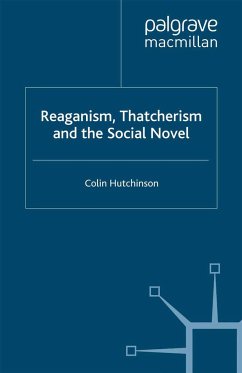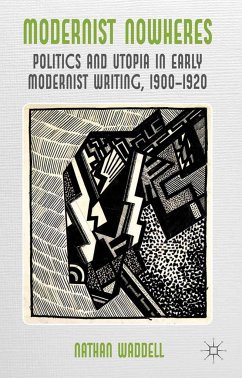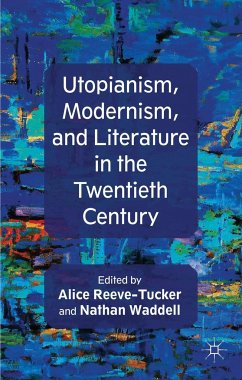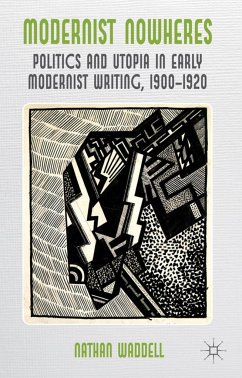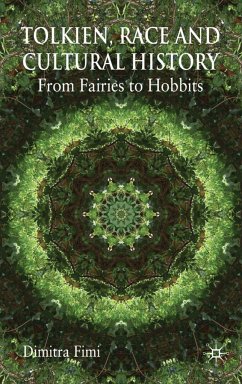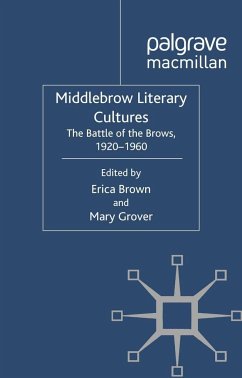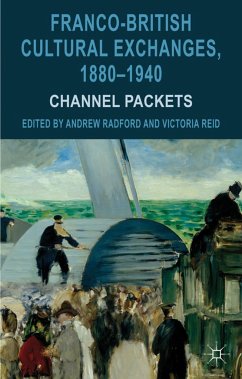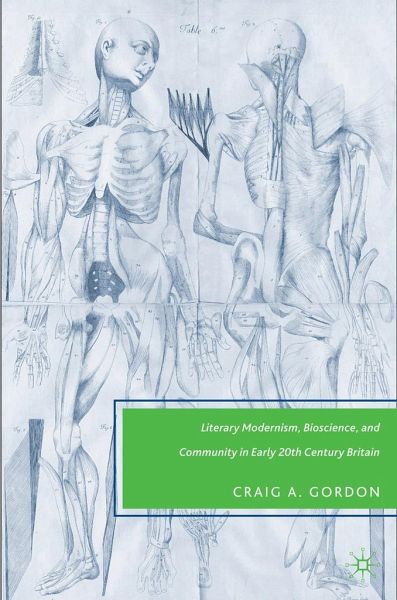
Literary Modernism, Bioscience, and Community in Early 20th Century Britain
Versandkostenfrei!
Versandfertig in 6-10 Tagen
38,99 €
inkl. MwSt.
Weitere Ausgaben:

PAYBACK Punkte
19 °P sammeln!
This book examines a web of high modernist and popular literature (including the work of Lawrence, Woolf, Gide and Mann), and medical, bioscientific, and psychological writing in order to explore the ways in which these different sites of cultural production ask us to understand the relationship between human embodiment and community. Raising the problem of the social body through an examination of the human bodies that both literature and bioscience seek to understand and represent, the book suggests that the collaboration of literary and bioscientific cultures is crucial to our understanding of a variety of the period's communal and national visions.
This book examines the relationship between the literary and bioscientific cultures of the period as a means of exploring the ways in which the comprehension and representation of the human body fundamentally shapes a variety of the period's communal and national visions.





